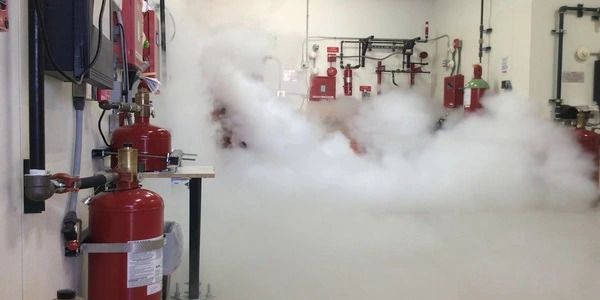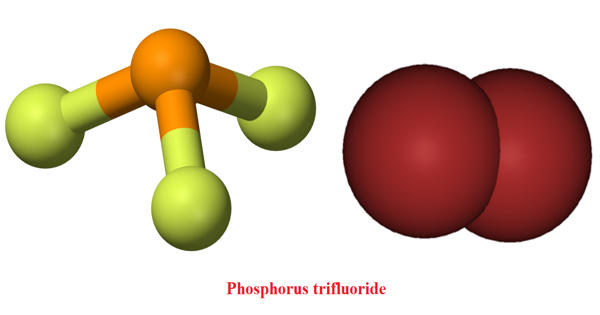A new study indicates how fire suppression ensures that wildfires burn under extreme circumstances and with high severity, aggravating the effects of climate change and fuel accumulation.
The global spread of catastrophic wildfires has spurred a critical review of wildfire management tactics. A new study from the University of Montana indicates how fire suppression assures that wildfires burn under extreme circumstances and with high severity, aggravating the effects of climate change and fuel accumulation.
The study employed computer simulations to demonstrate that attempting to suppress all wildfires leads to fires with more severe ecological repercussions, including faster increases in burned area that exceed those expected from fuel accumulation or climate change.
“Fire suppression has unintended consequences,” said main author Mark Kreider, a Ph.D. candidate in the forest and conservation sciences program at the University of Montana. “We’ve known for a long time that controlling flames results in fuel accumulation. Here, we demonstrate a second counter-intuitive consequence.”
Though fire suppression reduces the overall area burned, it mainly eliminates low- and moderate-intensity fires. As a result, the remaining fires are biased to be more extreme, Kreider said. The new study published in Nature Communications shows how this “suppression bias” causes average fire severity to increase substantially.
Over a human lifespan, the modeled impacts of the suppression bias outweigh those from fuel accumulation or climate change alone. This suggests that suppression may exert a significant and underappreciated influence on patterns of fire globally.
Mark Kreider
“Over a human lifespan, the modeled impacts of the suppression bias outweigh those from fuel accumulation or climate change alone,” he said. “This suggests that suppression may exert a significant and underappreciated influence on patterns of fire globally.”
Kreider led the research as part of his Ph.D. dissertation, which was supported by a National Science Foundation Graduate Research Fellowship.
According to the study, fire suppression exacerbated existing patterns induced by climate change and fuel accumulation, leading areas burned to rise three to five times quicker over time than in a world without suppression. Suppression, by preferentially removing low- and moderate-severity fires, increased average fire severity by an amount comparable to a century of fuel accumulation or climate change.
“By attempting to suppress all fires, we are bringing a more severe future to the present,” said Kreider. Andrew Larson, Kreider’s Ph.D. adviser and a professor of forest ecology at UM, said this has significant impacts on ecosystems.

“Traditional suppression removes the low-severity fires that help perpetuate healthy forests by consuming fuels and preferentially killing thin-barked tree species,” Larson said. “I wonder how much we are altering natural selection with fire suppression by exposing plants and animals to relatively less low-severity fire and relatively more high-severity fire.”
However, the new findings also show that allowing more low- and moderate-intensity fire can reduce or reverse the impacts of the suppression bias. Suppression strategies that allow fire to burn under moderate weather conditions — while still suppressing fires during more dangerous fire weather – reduced average fire severity and moderated the rate of burned area increase, the team found.
“It may seem counterintuitive, but our work clearly highlights that part of addressing our nation’s fire crisis is learning how to accept more fires burning when safely possible,” said Philip Higuera, a co-author and UM professor of fire ecology. “That’s as important as fuels reduction and addressing global warming.”
Kreider emphasized the importance of developing and implementing technology and tactics for properly managing wildfires in moderate burning conditions. This technique may be as effective as other important measures, such as addressing climate change and reducing unintended human-caused ignitions.
















